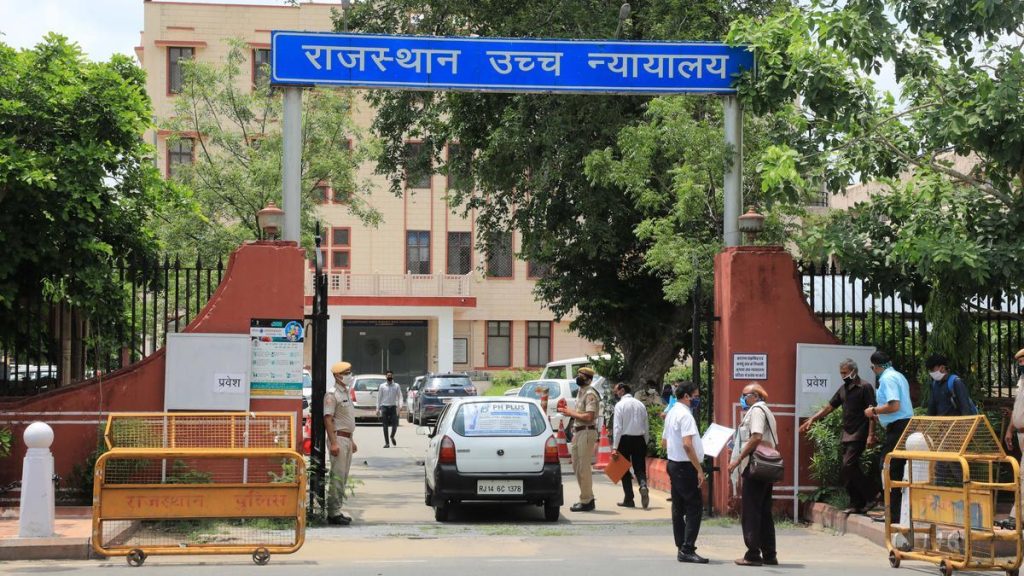Now Reading: Kerala Judicial Officers’ Leave Requests to Be Linked to Performance Reviews
-
01
Kerala Judicial Officers’ Leave Requests to Be Linked to Performance Reviews
Kerala Judicial Officers’ Leave Requests to Be Linked to Performance Reviews

Quick Summary
- Judicial officers of the District judiciary in Kerala will have their leave applications evaluated based on professional performance.
- A memorandum from the Registrar (District Judiciary) of the Kerala High Court requires Principal district Judges/chief Judicial Magistrates to assess details such as:
– Percentage achievement of targets.
– Disposal rates for old cases.
– Leave history from the past two years for all leave requests excluding casual leave.
- Judges and magistrates are to provide remarks on such leave requests when forwarding them for approval.
- Concerns have been raised by judicial officers who argue this policy coudl deter them from availing legally earned leaves intended for emergencies or family commitments, as per provisions under Kerala Service Rules (KSR).
- Judicial officers already submit monthly and annual performance reports detailing case disposal rates, pendency levels, and other compliance metrics.
- Some judicial officials feel that linking performance to leave violates constitutional rights and that no such system has been applied to other government officials under KSR guidelines.
Indian Opinion Analysis
The introduction of a system linking judicial officers’ professional performance with their ability to take non-casual leaves raises significant concerns about fairness and functionality. While ensuring accountability within the judiciary is a valid goal,imposing conditionalities on legally entitled earned leaves risks infringing upon established employee rights under the kerala Service Rules. The argument that case backlog depends on multiple factors-staff efficiency, legal complexities, cooperation from lawyers-is crucial in understanding potential bottlenecks beyond individual judge performance.
Moreover,creating unique standards solely for judicial officers while exempting other equivalent government employees could be perceived as discriminatory. Given India’s emphasis on fairness enshrined in its Constitution, policies introducing subjective restrictions without broader institutional consensus may invite challenges or criticism. Striking a balance between maintaining accountability within courts and respecting employee entitlements appears essential moving forward.
Read more: Link
























